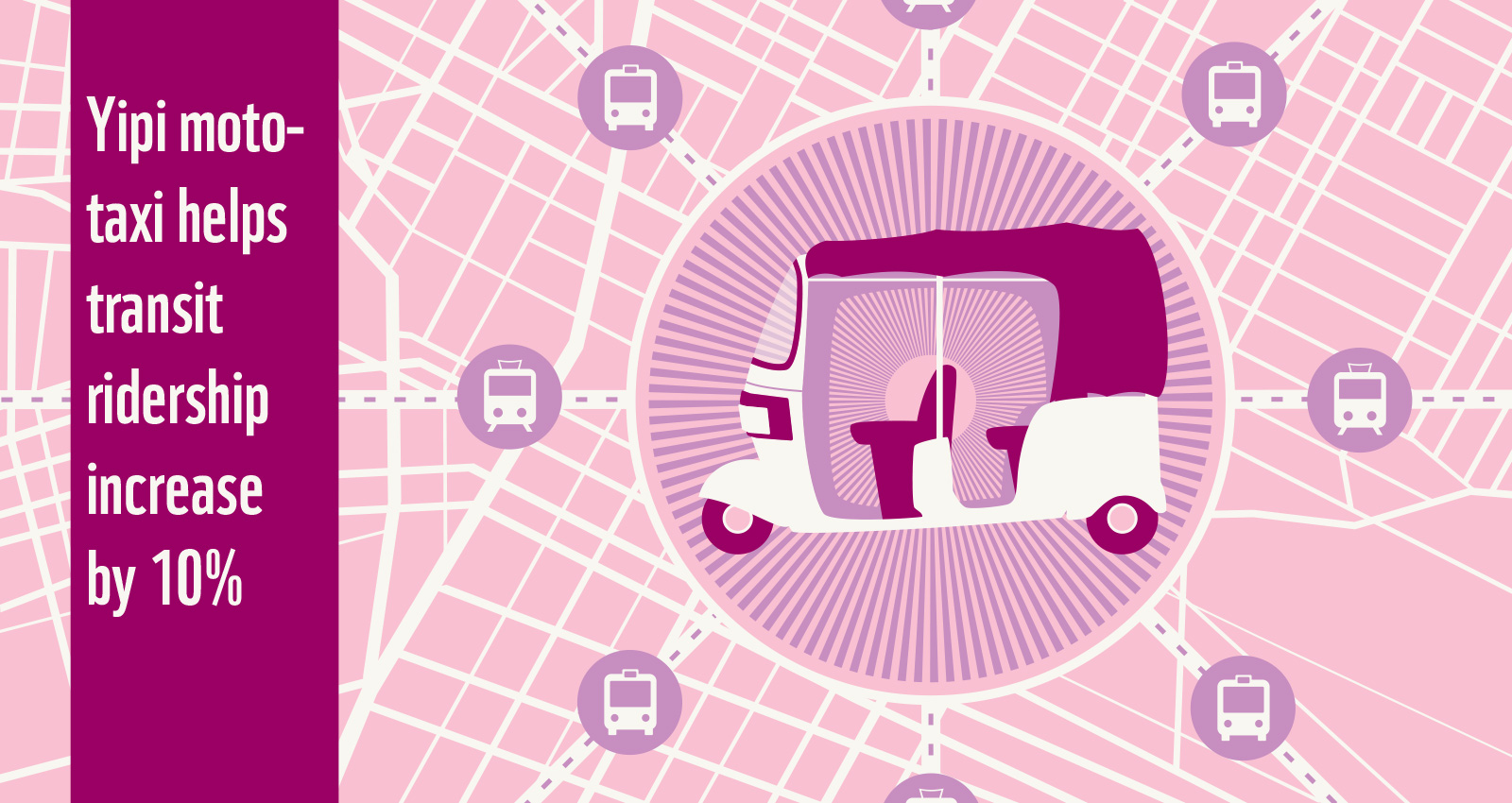The WWF is run at a local level by the following offices...
- WWF Global
- Adria
- Argentina
- Armenia
- AsiaPacific
- Australia
- Austria
- Azerbaijan
- Belgium
- Bhutan
- Bolivia
- Borneo
- Brazil
- Bulgaria
- Cambodia
- Cameroon
- Canada
- Caucasus
- Central African Republic
- Central America
- Central Asia
- Chile
- China
- Colombia
- Croatia
- Democratic Republic of the Congo
- Denmark
- Ecuador
- European Policy Office
- Finland
MONTERÍA
Montería is a small city for Latin America with 400,000 inhabitants, with a great diversity of cultural groups living on a low income. So its Green City 2019 plan is all the more impressive with its 26 actions to address 15 challenges, including: urban mobility, energy efficiency and renewable energy, waste management, basic sanitation and drinking water, sustainable construction, environmental responsibility, agricultural and livestock development, climate change vulnerability, adaptation and resilience, citizen culture, conservation of ecosystems, and reforestation and green zones.




Climate plan engaging citizens
In just a few years, Montería has launched an array of programs, cutting across a wide range of themes – most of which supporting citizens in some way.
To deal with the problems of tens of thousands of migrants, settling in high-risk areas without access to services, the city has built 5,000 homes with decent housing and access to public services, parks and security, and is planning several thousand more. In addition, Montería has become a pilot city in the Sustainable and Competitive Cities program of the Inter-American Development Bank (IDB) and the Financial Institution for Development (Findeter), receiving funding for projects.Some of the classic environmental infrastructure measures include waste water management, reforestation and solar power. Specifically, the city has extended the reach of the sewage system from 53% to 86% with the goal of connecting all households by 2015. It has provided access to drinking water to 100% of the residents. The city has also installed solar PV panels in five schools as part of the international Solar Schools Network – which aims to spread the knowledge and skills needed in the solar industry. The program simultaneously supplies renewable energy to street lighting, government buildings, and the private sector. And Monteriá has established a reforestation initiative with the aim of planting one million trees by 2019 – while also engaging 1,000 people in the process and raising awareness of the benefits of green spaces in the city while improving soil quality in the city’s green zones.
Pioneering Citizen Social Service
Regarding broader citizen participation, the city has launched a number of education programs, including sending teachers to English-speaking countries with the goal of making educational institutions bilingual, educating teachers in new technologies and environmental issues, and distributing free tablet computers to provide students with access to the Internet to improve study skills. And Montería’s pioneering “Citizen Social Service” program in which initially 1,800 young students taught civic culture and environment, has grown to 16,000 young people all over Colombia educating citizens in open spaces.In addition, the city has: introduced sustainable practices in the agricultural and livestock sectors; started development of the Sinú River, which runs through the city, as a tourist attraction; launched the Green Days Car Free Day Initiative, arranging car free days twice a year; and begun improving the public transport system and building 30 km of dedicated bike lanes.

© Montería Municipality

A personal mobility innovation – Yipi
A spectacular increase in motorbikes and moto-taxis has caused a modal shift in recent years from public transport to private vehicles in many cities in the Global South. Although recognized for providing new mobility, especially in low income areas with less access to public transport, the motorbike revolution has brought with it an increase in accidents and is a setback for local efforts to reduce emissions through increased public transport. In Colombia it has caused a 5-10% decrease of the public transit share of transport in many cities, despite a large national investment program for public transport, spurring calls for legislation forbidding male passengers on motorcycles.
Montería is an exception. It is one of the very few cities in Colombia where public transport continues to expand (see also Mexico City). Montería´s bus company Metrosinú has reported a steady increase in ridership of approximately 10 percent per year, and the likely explanation is its Yipi service, which embraces the moto-taxi concept, competing on its own turf. Instead of building a traditional feeder system with buses, which might not be the best solution for small or medium sized cities like Montería, the city’s bus operators developed a micro-feeding scheme for "the last mile connectivity" using three-wheeled, low-floor, covered motorbikes, similar to rickshaws in India and tuk-tuks in Thailand.
One of the most innovative features of Yipi is that it includes an affirmative action driver recruitment policy that prioritizes local neighborhood women, who can work in their own communities with flexible hours, allowing them to balance work with household needs. It also makes the system more trustworthy, especially for women, in contrast to private moto-taxis, operated by young men, which have earned a reputation for insecurity and danger.
Want to know more about Urban solutions?
Contact Barbara Evaeus
Global Communications Manager,
WWF One Planet City Challenge
+46 70 393 9030
barbara.evaeus@wwf.se
Text by: Martin Jacobson
Last edited: 2017-03-15